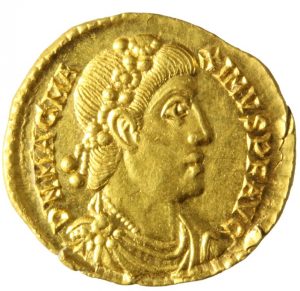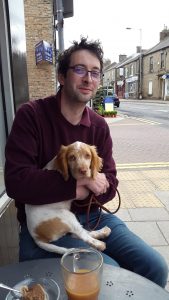Dr James Gerrard
School of History, Classics and Archaeology
Humanities and Social Sciences
What did you do?
For several years now I have used formative assessment (tests) within Blackboard to provide supplementary feedback on student progress and learning. This was in the postgraduate module ARA8025 Advanced Seminar in Artefact Studies.

How did you do it?
I undertook some training in Blackboard (which didn’t take long!) and then created a series of weekly tests on ancient objects (especially coins) to augment my day-to-day teaching.
Each test requires the student to engage with a resource (this might be an online database, article or a reference work relating to artefacts). They then take the weekly test, which assesses the knowledge and skills they have gained from their independent study. As an example, the test might assess the students’ ability to identify the mintmarks on a Roman coin based on the resources they have studied.
The test score and feedback allows the student to gauge their progress and the score is also a powerful spur to self-reflection and learning.
Why did you do it?
I wanted students to have more formative feedback before the big practical summative assessment at the end of the module. I also wanted to encourage deep engagement with resources, rather than superficial ‘skimming’
Does it work?
For the last few years all students taking the module have attempted the tests. Many students repeatedly retry the assessments until they score 100%! This has fed through to better outcomes in the summative assessments.
Once the learning materials and tests are set up the entire online component runs itself!
One of the greatest demonstrations of the power of this approach was when the entire class began to approach the tests from a ‘competitive gaming’ angle. They were engaged in a friendly competition to achieve the best scores and would actively collaborate to help one another.
Contact Details
Dr James Gerrard, Senior Lecturer, School of History, Classics and Archaeology

